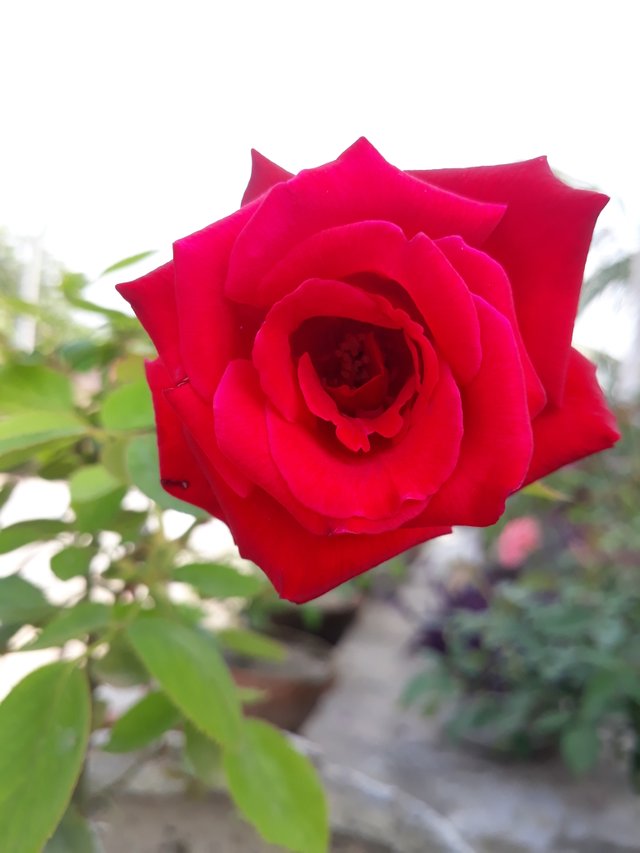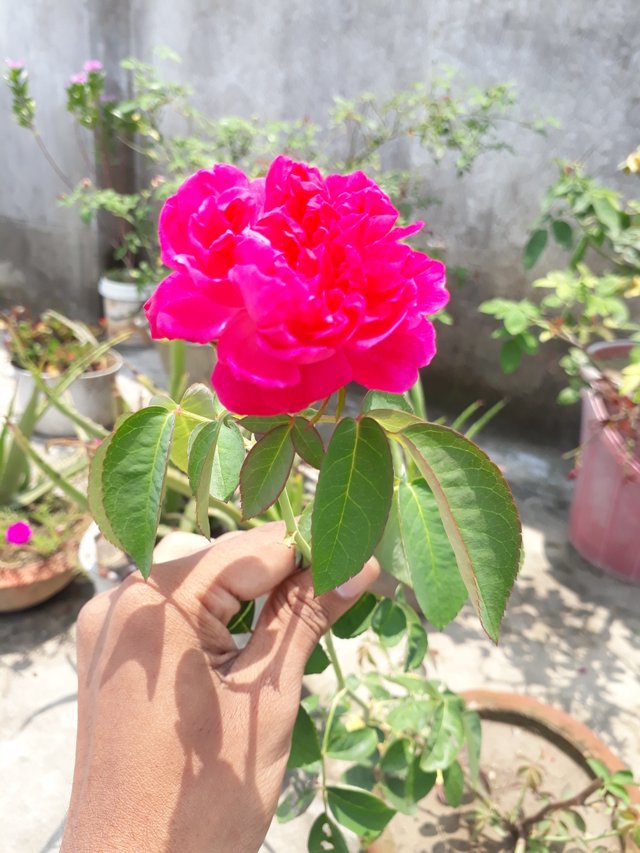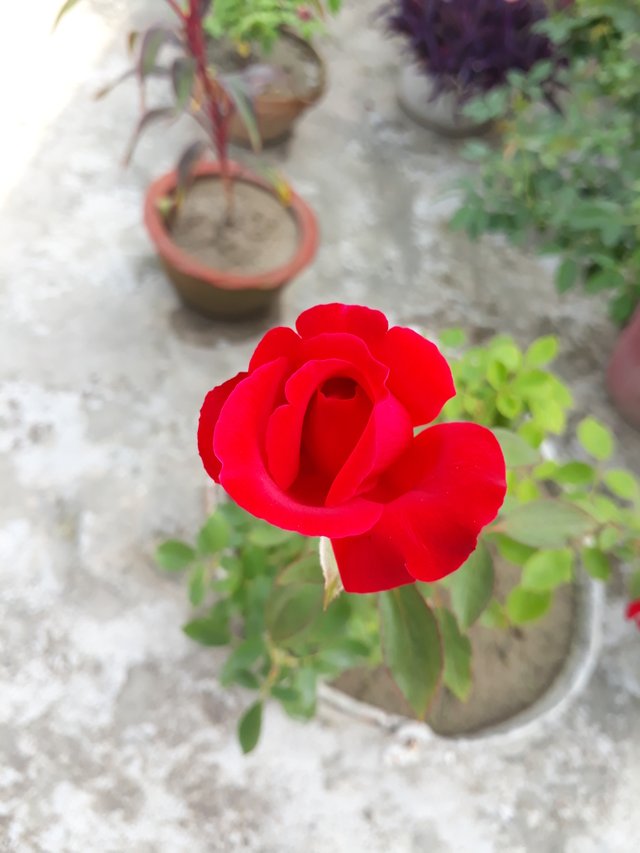In the village of red roses ...🌹🌹
🌹🌹
Anyone walking along the Cox's Bazar-Chittagong highway will catch their eye. Roses on both sides of the road. Not one or two. As far as the eyes are like red roses! This is like the kingdom of red roses ....
From Chakaria, Baraitali: Anyone walking along the Cox's Bazar-Chittagong highway will be blindsided. Roses on both sides of the road. Not one or two, but a red rose as far as the eye can see! This is like the kingdom of red roses ....
The scent of roses wafts as you stop on the highway. This fragrance and eye-catching scene takes you to the rose garden. Numerous rose gardens can be seen on both sides of the road as soon as you enter Baraitali Union in Chakoria Upazila of Chittagong-Cox's Bazar Highway. Just roses and rose ceremonies on the east side of the road.

★(Roses in my garden)★
There are more than two hundred rose gardens in Baraitali and Harbang villages. Due to the cultivation of roses, these two are known as 'Rose Village'.
Going to the garden, one can see someone picking roses. Again someone is tying roses.
Moinul Islam, owner of Rose Garden, which has been involved in rose cultivation in Baraitali village for more than two decades, told banglanews that the roses here meet the demand of the entire Chittagong division. He also goes to other districts including the capital at special times.The rose trader said that there is no fixed price for roses. On special days its price goes up several times.
He said that many people used to plant flowers here as a hobby but now most of them have taken up flower cultivation as a profession. At present, flowers worth around Tk 10 crore are being sold from more than two hundred gardens every year.
The history of rose cultivation in this district says that Babu Shri Natun Chandra Dey was a rose lover of Baraitali. He was a zamindar. In 1890-1900, Baraitali planted a red rose garden in his house. Natun Chandra Dey himself collected saplings of different species from Calcutta and Dhaka and made a garden in his backyard. He used to take care of her himself.

★(Roses in my garden)★
Towards the end of the twentieth century, the late Maruf Rabban Qaderi, another rose-loving Baraitali deputy of the house, collected improved, colorful rose saplings from Calcutta and Dhaka and established another amateur garden in his house. Then rose cultivation got commercial form from hobby.
Gardeners claim that there is a huge demand for flowers on special days. Each one hundred roses are sold at a price of four to five hundred rupees. However, on most days except special days, roses are sold at Rs 50 to Rs 60 per 100. Although these roses are sold at this price from the garden, they are sold at eight to ten times higher prices in outside shops.
With this business, the United States said, on Valentine's Day, 21st February, Victory Day, Pohela Boishakh, Thirty First Night and other special days, various varieties of flowers from the gardens of Baraitali and Harbang areas are supplied to different markets in Dhaka, Chittagong and Cox's Bazar.
Workers working in the rose garden. Kafil said he works here on a daily wage basis. His job is to cut flowers from the garden and tie them regularly.

★(Roses in my garden)★
He currently receives Rs 300 on a daily wage basis. I got one and a half hundred rupees four years ago. It is known that one thousand workers like Kafil are working in the flower garden. Some of them are on daily wage basis and some are on monthly salary basis.
It is learned that roses and gadiolus flowers are being cultivated in about 200 acres of land in Baraitali and Harbang unions of the upazila. At first many people started cultivating flowers as a hobby. Now it is seen that the farmers are inclined to cultivate flowers in the vast lands of different areas of the upazila.
The horrific aggression of environmentally destructive tobacco is increasing every year in different areas of Chakaria Upazila. The start of eco-friendly flower cultivation in Baraitali and Harbang is undoubtedly a new milestone for the agricultural system.
The farmers urged the local administration to take initiative to make floriculture more popular as an alternative to tobacco.
